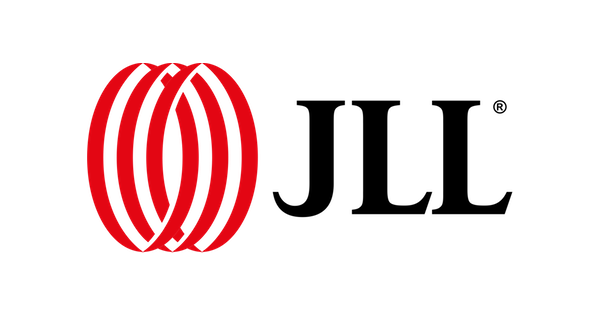JLL: Seven in 10 companies in Asia Pacific willing to pay higher rent for green buildings
JLL: Seven in 10 companies in Asia Pacific willing to pay higher rent for green buildings

Kuala Lumpur, 21 June 2021 – A majority of Asia Pacific corporations (70%) are willing to pay a rental premium to lease sustainability-certified buildings in the future. This commitment aligns with broader real estate sustainability developments across Asia Pacific where 40% of corporate occupiers have already adopted net zero targets and another 40% are planning to adopt targets by 2025. The regional real estate decarbonization drive is also prompting 80% of corporate occupiers to prioritise locations that help them reduce carbon emissions, while 65% of investors will focus more on green building investments.
These insights come from the JLL Asia Pacific “Sustainable Real Estate: From ambitions to actions” report that surveyed over 550 corporate real estate leaders. Approximately 90% of companies in Asia Pacific agree that tackling emissions from real estate is essential in achieving a net zero carbon agenda – signaling a new era in regional real estate portfolio leasing and investment. For corporate occupiers who currently lease space in a green building, the majority are paying a rental premium of 7-10%, providing a benchmark for future sustainable leasing trends, according to JLL.
“For companies operating in Asia Pacific, any meaningful reduction in carbon footprint is tied directly to real estate. Corporate occupiers will increasingly demand real estate solutions that complement their sustainability agenda. This will lead investors to prioritise green investments, propelling the real estate industry transformation towards future-ready green buildings,” said Anthony Couse, Chief Executive Officer, APAC, JLL.
“As the Joint Exclusive Leasing Agent of the soon-to-be-completed Merdeka 118 tower, not only is it the newest icon in Kuala Lumpur’s skyline, but will also be the tallest building in Southeast Asia. Aligned with JLL’s sustainability ambition to “shape the future of real estate for a better world”, the Merdeka 118 tower will be the first tower to achieve Platinum Accreditation in all three categories for LEED, GreenRE and GBI,” says YY Lau, Country Head of JLL Property Services (M) Sdn Bhd. “In addition, the building is also the first in Malaysia to achieve the WELL Platinum Certification,” added Lau.
“Recognising the urgency and importance of sustainability, the Merdeka 118 tower accelerates the pace of sustainability with features such as high performance façade glazing, smart air recycling, grey water storage and re-use, solar panels, site wide material recycling and more,” says YY Lau.
The survey provides a comprehensive view of organisations’ sustainability journeys, with only a handful of corporate occupiers (21%) and investors (26%) identified as “Leading” in their category within the survey – defined by the strength of their sustainability goals which will move the needle on their carbon emissions reduction targets – scoring above 71 out of 100 total possible points. This indicates that a large majority of organisations need to do more to translate commitments to tangible actions. For instance, only 36% of occupiers have pledged to act on emissions that come from their suppliers and customers, in addition to their own operations, according to JLL data.
While firmer commitments from companies are necessary to accelerate the net-zero carbon ambitions, organisations have identified several barriers in achieving their sustainable real estate goals. Approximately 70% of occupiers report a lack of incentives from governments and support from landlords. Additionally, three out of four companies surveyed identified insufficient technological infrastructure as a hurdle to reaching their environmental goals.
Roddy Allan, Chief Research Officer, JLL Asia Pacific, commented, “Across Asia Pacific, society is shifting towards an emphasis on green and sustainable spaces in a bid to address the concerns on climate risk, and companies are willing to pay a premium to meet new demands. There is now a heightened responsibility among businesses to take demonstrable actions with their commercial real estate portfolio, which will increasingly rely on partnership between occupiers and investors to translate sustainability ambitions into actions.”
JLL’s “Sustainable Real Estate: From ambitions to actions” report was based on an online study of 478 occupiers and 76 investors from multiple countries across the Asia Pacific region, with a strong emphasis on Australia, China, India, Japan and Singapore. Respondents were asked questions to determine the position of their sustainability maturity journey. Each company was then assigned a maturity score between 0 and 100 to determine whether they are “Leading”, “On-the-Path” or “Starting Out”.
Download the report here




